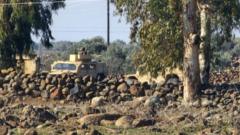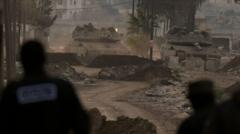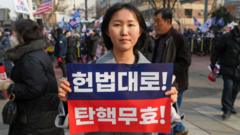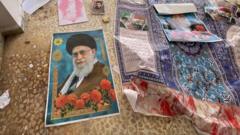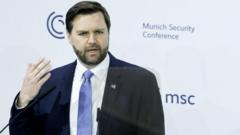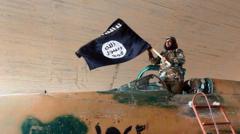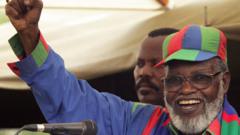In December 2024, Ahmed al-Shara, previously known as Abu Mohammed al-Jolani, emerged as the president of Syria following a successful rebellion that ousted Bashar al-Assad. Formerly a commander of an Al Qaeda-affiliated group during Syria’s civil war, al-Shara orchestrated operations that included welcoming foreign jihadists and deploying suicide bombers against military targets. His previous assertions against parliamentary governance in favor of a divine rule indicated a staunch jihadist ideology.
From Extremist to Leader: Ahmed al-Shara's Transformative Journey in Syria

From Extremist to Leader: Ahmed al-Shara's Transformative Journey in Syria
Ahmed al-Shara's remarkable transition from an Al Qaeda member to Syria's president prompts inquiries about his leadership style and governance philosophy.
However, al-Shara has since distanced himself from extremism, adopting a more pragmatic approach. He aims to present a reconciliatory image to both international leaders and the Syrian populace, asserting a desire to reconstruct the war-torn nation towards a semblance of democracy. In a recent interview, he affirmed that Syria is progressing towards a democratic framework where the populace can elect their representatives, despite skepticism from various quarters regarding his actual beliefs and intentions.
The stark contrast between his extremist past and his current political persona raises critical questions about his future leadership of Syria, a pivotal state in the Middle East. Both Syrians and global observers remain cautious yet intrigued about how his administration might address the nation’s needs and whether it will genuinely embrace democratic principles or merely serve as a façade for continued control.
The stark contrast between his extremist past and his current political persona raises critical questions about his future leadership of Syria, a pivotal state in the Middle East. Both Syrians and global observers remain cautious yet intrigued about how his administration might address the nation’s needs and whether it will genuinely embrace democratic principles or merely serve as a façade for continued control.


